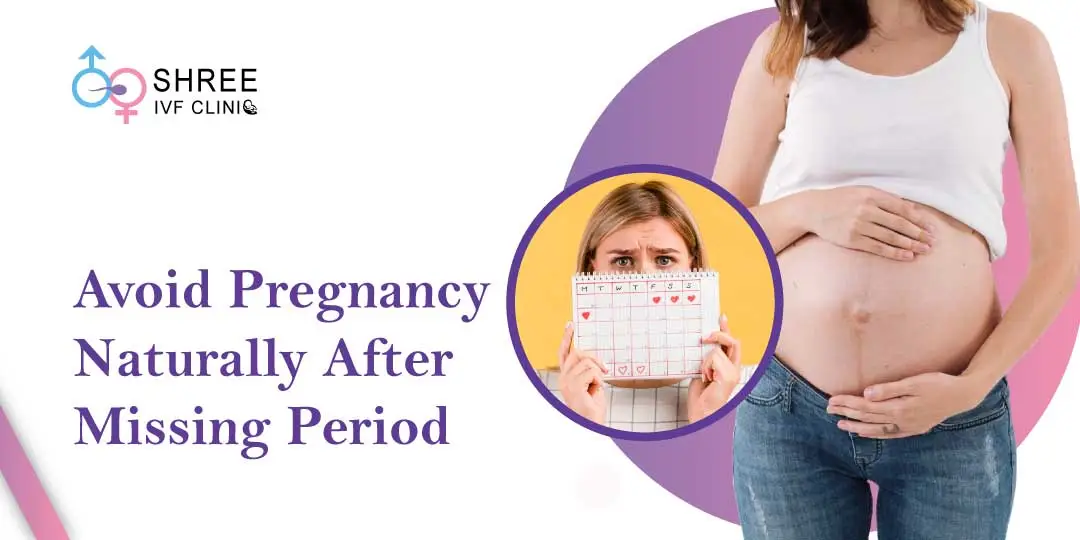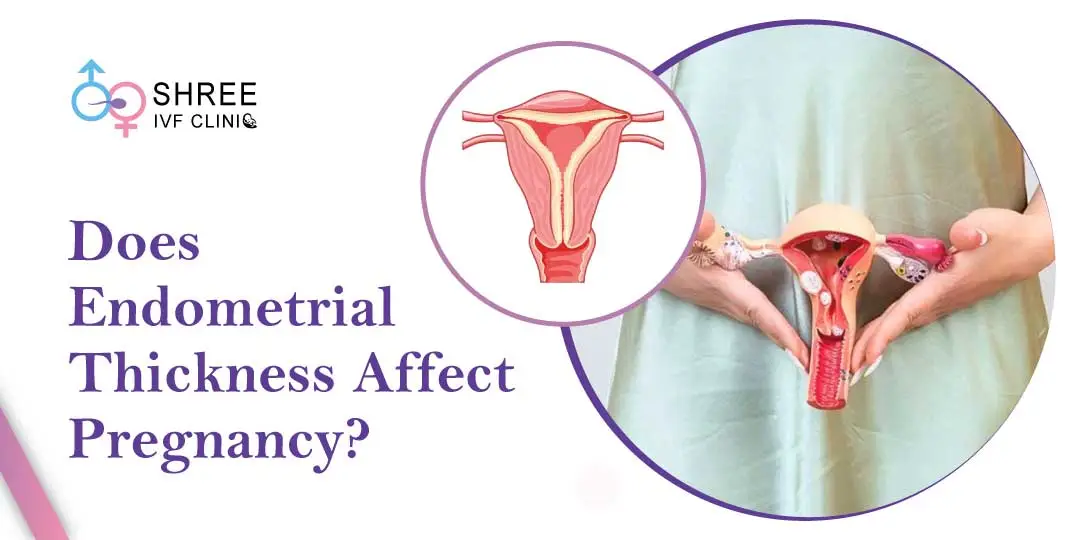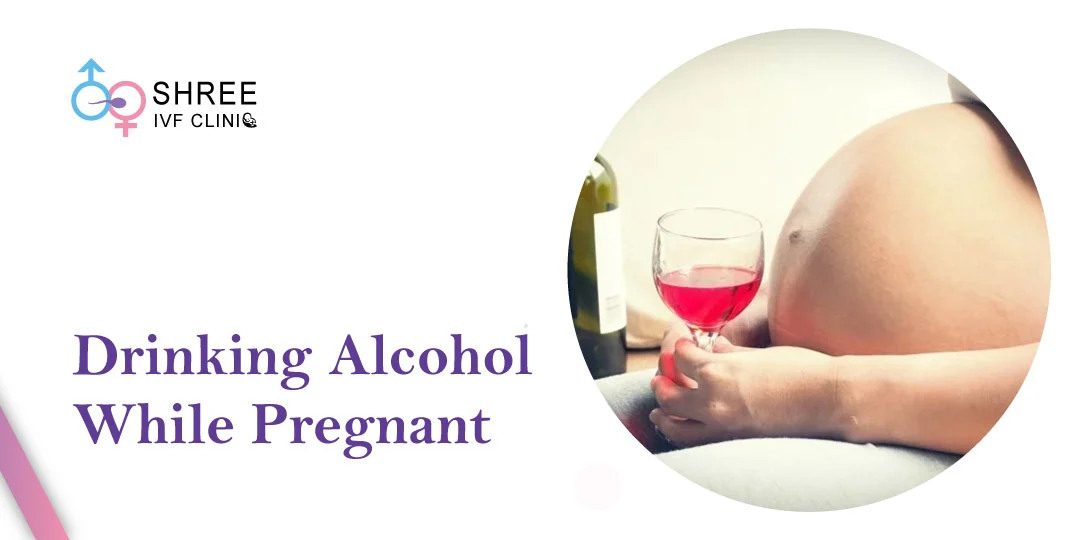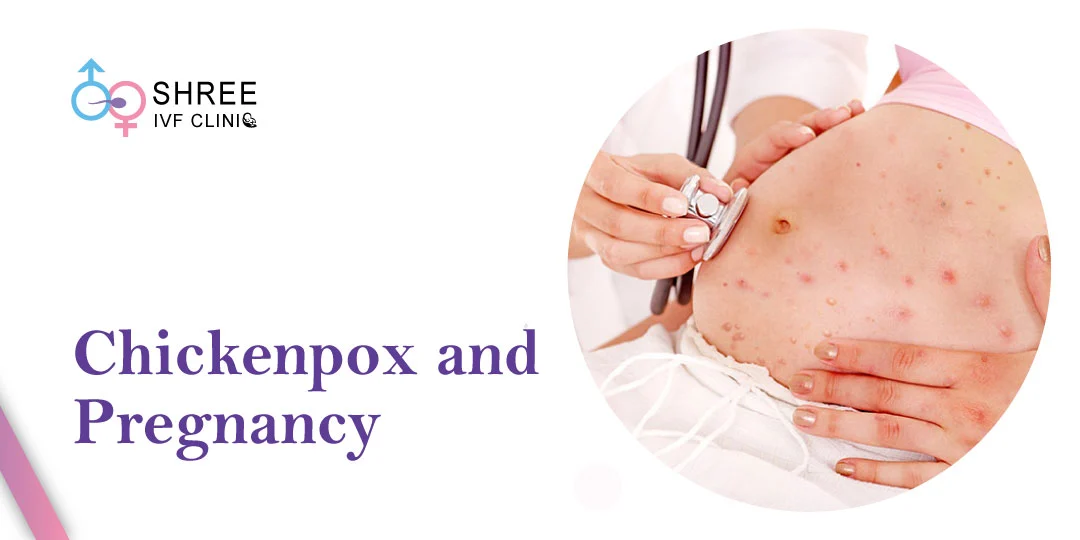How to Avoid Pregnancy Naturally After Sex?
UPDATED ON 11TH Oct. 2024
Understanding how pregnancy happens and ways to prevent it naturally after sex is essential, especially if you’re not ready to start a family. Let’s break down the important concepts in a simple, relatable way, making sure that everyone can follow along easily, even if you’re as young as a 5th grader!

AUTHOR
Dr Jay Mehta
Scientific Director & IVF Specialist with 10+ years of experience
CONDITION
Pregnancy
GET IN TOUCH ON
1. How Does Pregnancy Happen?
Think of pregnancy as planting a seed in the soil. For a plant to grow, the seed needs to meet soil, water, and sunlight. Similarly, pregnancy happens when a male sperm meets a female egg in the uterus, and they join together to form a baby.
This usually happens during a woman’s “fertile window“—a special time when she is most likely to get pregnant.
Analogy:
- Imagine a game where you have to throw a ball into a basket, but the basket is only open for a short time (5-6 days a month). If the ball goes into the basket during this time, a pregnancy could start.
Now, let’s talk about ways you can try to avoid pregnancy after having sex without using medicines or medical procedures.
2. Tracking Your Fertile Days: Fertility Awareness
One natural way to avoid pregnancy is to keep track of your body’s natural cycle. Most women have about 28 to 30 days between their periods, but the exact timing can vary. There are only a few days during this cycle when a woman can get pregnant, called the fertile window.
To avoid pregnancy, you can:
- Track your period: Keep a calendar and note when your period starts and ends.
- Check your temperature: Your body temperature slightly rises when you’re ovulating (this is when the egg is released and ready for sperm).
- Observe your cervical mucus: During ovulation, the mucus in the vagina looks clear and slippery, like raw egg whites. This is a sign you’re in your fertile window.
Example:
- Imagine a train that only comes to your station for a few days every month. If you don’t want to catch that train, you simply avoid going to the station during those days.
But remember, this method requires careful tracking, and if your cycle is irregular, it can be less effective.
3. The Pull-Out Method (Withdrawal)
The pull-out method means that during sex, the man pulls his penis out of the woman’s vagina before he ejaculates (releases sperm). This way, sperm doesn’t enter the vagina, and the chance of pregnancy decreases.
Analogy:
- Think of it like trying to avoid spilling juice from a cup by stopping before the cup tips over. But just like with a cup, sometimes things spill even when you’re careful.
This method is not foolproof. Sometimes sperm can be released before the man pulls out, and that’s why it’s not always 100% reliable.
4. Emergency Contraception: Natural Options
If you’ve already had unprotected sex and are worried about pregnancy, there are natural ways to try to prevent it. Keep in mind that these methods are less reliable than medical options like emergency contraceptive pills (which work within 72 hours after sex), but here are some ideas:
- Vitamin C:
Some believe high doses of Vitamin C (ascorbic acid) may act as a natural contraceptive by preventing the fertilized egg from implanting in the uterus. While there’s no strong scientific backing, people have tried it for ages.
Example:
- Think of a Velcro strip. Vitamin C might act like removing the “stickiness” from the egg and uterus, making it harder for them to attach.
- Papaya:
Papaya is thought to have contraceptive properties when consumed in large quantities after unprotected sex.
Example:
- It’s like making the “soil” (uterus) less fertile, so the “seed” (egg) can’t grow into a baby.
These natural remedies are only folk remedies, though, and should not be your main method of birth control.
5. Breastfeeding as a Natural Birth Control
For new moms, breastfeeding can naturally delay the return of your period, which is called lactational amenorrhea. When a baby is breastfed exclusively (no formula or solid food), it sends signals to your body to pause ovulation.
Example:
- Think of breastfeeding as hitting the pause button on your body’s cycle. While this can be a natural method of preventing pregnancy, it’s only effective in the first six months after giving birth.
6. Understanding Risk: The Role of Sperm Lifespan
Sperm can live in a woman’s body for up to 5 days after sex. So, even if you have sex a few days before ovulation, there’s still a chance of pregnancy.
Analogy:
- Imagine you leave your basketball on the court. If the game doesn’t start for a few days, the ball is still ready to go when the whistle blows. Sperm is like that basketball—ready to fertilize an egg even days after sex.
7. Abstinence: The Only Sure Way
The most effective way to avoid pregnancy is by not having sex at all. This is called abstinence. If there’s no sperm entering the woman’s body, there’s no chance for pregnancy.
Example:
- Imagine you’re avoiding getting wet during a rainstorm. The best way to stay dry is to not go outside in the rain at all. Abstinence is like staying indoors during the rain—you’re completely safe from the chance of getting pregnant.

4,790+
379K+
Final Thoughts: Be Kind to Yourself
It’s important to be kind and understanding with yourself. Sometimes, things don’t go as planned, and that’s okay. If you find yourself worried or stressed about pregnancy, remember that you’re not alone. It’s normal to feel anxious, but there are professionals, like doctors or counselors, who can help guide you through these concerns.
Empathy example:
- Think of this journey like being lost on a trail. It’s scary not knowing the way forward, but there are signs (like understanding your body) and people (like doctors) who can help you find the right path. You’re not alone, and there’s always someone who can help you find the answers you need.
Conclusion: Know Your Body and Options
Natural methods to avoid pregnancy after sex involve understanding your body and timing, but they are not always reliable.
It’s always a good idea to consult with a healthcare professional to discuss what works best for you. If you have questions or need more information, don’t hesitate to reach out to a trusted doctor who can offer the right advice.
Remember, it’s your body, your choice, and taking control of your health is always a step in the right direction.
AUTHOR
Dr Jay Mehta
Scientific Director & IVF Specialist with 10+ years of experience
CONDITION
Pregnancy
CALL US 24/7 FOR ANY HELP
GET IN TOUCH ON
Share Article on
Recommended Reading
Endometriosis Thickness and Its Impact on Pregnancy
A good endometrial thickness (8-14 mm) is essential for pregnancy, especially in women with endometriosis. Learn how it impacts fertility and conception
Drinking in Early Pregnancy Without Knowing
Early pregnancy alcohol consumption raises risks of miscarriage and Fetal Alcohol Spectrum Disorders (FASD), affecting the baby’s health and development
Is Chickenpox Dangerous in Pregnancy?
Chickenpox in pregnancy is risky for the unvaccinated, yet if you’ve had it previously, your strong immune defenses protect both you and your baby




